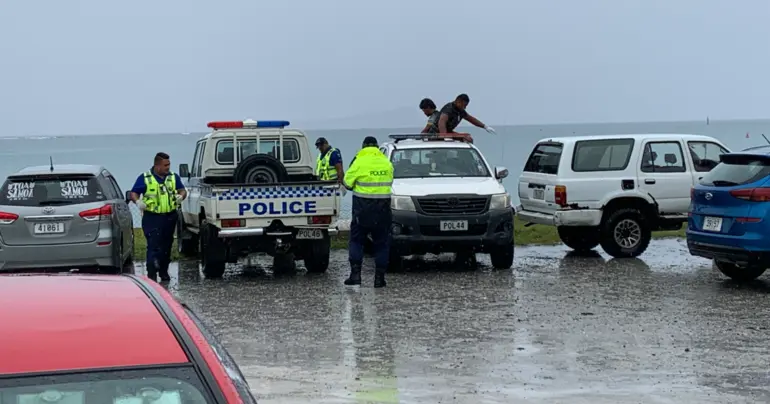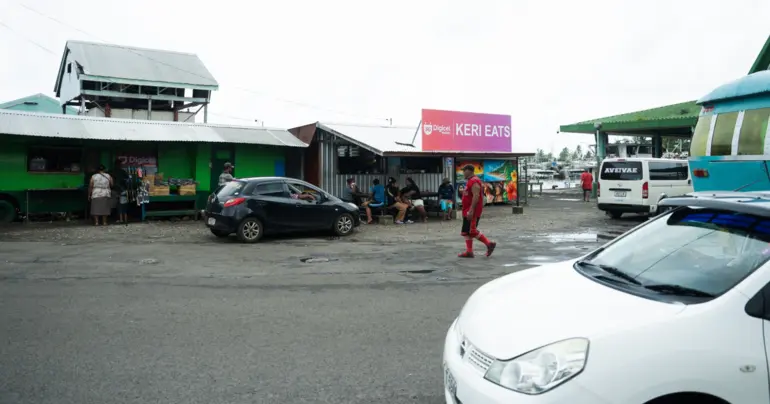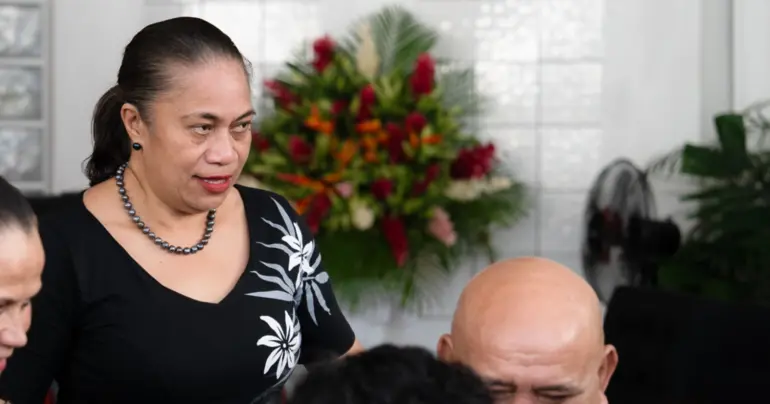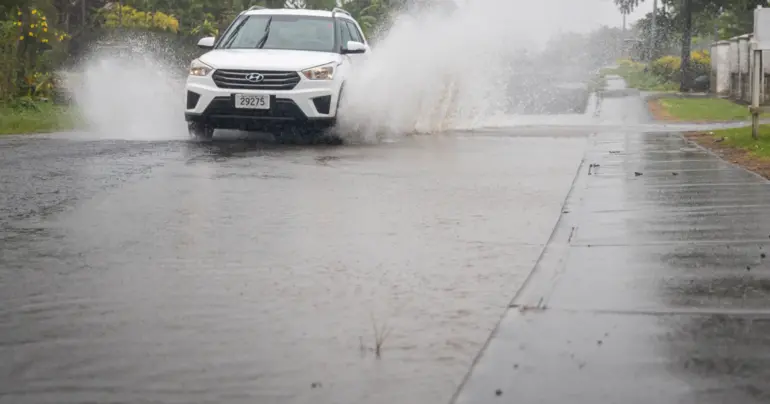Prison death unacceptable: calls for safeguards
Seven years ago the National Human Rights Institution released a report on its visit and inspection of the Tafaigata Prison, Vaiaata Prison, Olomanu Juvenile Centre, Mental Health Treatment Centre and Police custody.
For Tafaigata Prison, which underwent inspections by a team from the NHRI/Ombudsman Office from 12–25 November 2015, the lack of financial resources as well as human resources was a major concern at that time with the Samoan “matai system” acknowledged and credited by the inspection team for maintaining order and discipline in a system that was already bursting at the seams.
“The matai system continues to be helpful to PCS [Prisons and Corrections Services] and its work: counselling prisoners, overseeing prisoners during plantation work, relaying prisoner’s issues and complaints to PCS,” stated the NHRI/Ombudsman Office report. “There seems little doubt that if it wasn’t for the matai system the general situation and outcomes including escapes would be a lot worse than they have been.”
Fast forward seven years later – following a SAT$25 million investment in the Tanumalala Prison project by the former administration for a new maximum security prison for Samoa’s incarcerated population – the general conditions today at Tanumalala are a massive upgrade from the rat-infested, unhygienic and overcrowded prison cells of Tafaigata on the outskirts of Apia. There is even a library, thanks to a partnership between the Ministry of Police, Prisons and Corrections Services (MPPCS) and a local business and diplomatic mission, in a major boost for prisoner rehabilitation.
But it appears the MPPCS hasn’t fixed its human resource challenges since its Tafaigata prison days, if an article (Ombudsman: prison capacity woes led to Lam’s death) published in the Sunday Samoan edition, is any indication.
The article reported on the findings of an investigation by the NHRI/Ombudsman Office, following the death of prisoner Kolani Junior Lam, who was sentenced to life in 2019 for murder and serving his sentence at the Tanumalala Prison.
The report of the NHRI/Ombudsman Office titled “A life worth living behind bars” pointed out in its findings the high turnover rate of corrections officers employed to work at Samoa’s only maximum security jail, and the current capacity of corrections officers is inadequate to effectively monitor prisoners working in the labour zone.
According to the NHRI/Ombudsman Office’s report, there was no corrections officer monitoring the vegetable station, who would have easily spotted the late Kolani head into the tall grass where it is believed he ingested the paraquat which allegedly led to his death hours later. The report concluded that labour zones are not sufficiently manned by corrections officers.
“Most often, corrections officers do not report for duty because they are either sick or attending family fa'alavelave [cultural practices], leaving prisoners unattended most of the time,” the report stated. “This was the case on the day that Kolani ingested paraquat. There is still a severe shortage of corrections officers at the prison due to the high turnover rate.”
It is disappointing that the MPPCS continues to experience capacity issues, despite a separate NHRI/Ombudsman Office report highlighting this as a major hurdle at the Ministry, in a publicly published report in 2016.
As we mentioned earlier, the current facilities at the Tanumalala Prison are a major upgrade from the now-shut Tafaigata Prison. But why make a $25 million investment in a new prison facility and then continue to experience capacity issues that an NHRI/Ombudsman Office report released seven years ago urged authorities to fix? It is disappointing that successive administrations failed to address this and the manpower issue, which continues to plague the prison facility on Upolu Island, has now led to the death of a prisoner.
We urge the MPPCS to look at the 10 recommendations that the NHRI/Ombudsman Office report has submitted, following its investigation into the circumstances surrounding the death of the late Kolani Lam.
Failure to put in place these safeguards, as recommended by the NHRI/Ombudsman Office report, makes the State vulnerable to litigation from families who might want to sue for wrongful death. It is incumbent on the State through the Government and the Ministry to take all necessary steps to ensure that an inmate is medically, mentally, physically, and emotionally stable while in custody – even if he or she was sentenced to life imprisonment.
Increasing the Ministry’s budgetary allocation for the 2023/2024 financial year will go a long way in implementing the 10 recommendations of the NHRI/Ombudsman Office report and hopefully ensure there are no further deaths while in custody.











